Recently, the Supreme Court commuted the death sentence of a man, convicted of the rape and murder of a seven-year-old girl, to life imprisonment.
In a big development, the Supreme Court has suo motu opened a review of the process by which courts award the death penalty. The apex court will consider laying down guidelines for assessment of mitigating circumstances in death penalty cases as it raised concerns on the process.
Recently, the Supreme Court commuted the death sentence of a man, convicted of the rape and murder of a seven-year-old girl, to life imprisonment. This judgment may become a significant precedent to the anti-death penalty cause. SC had decided to extensively examine the circumstances where a judge had to choose between life imprisonment and death penalty.
What was Supreme Court's ruling in the case?
The apex court commuted the death sentence to life imprisonment, saying the guilty shall not be entitled to 'premature release or remission before undergoing actual imprisonment' for a period of 30 years.
It advised the trial judges that they should not be swayed in favour of death penalty merely because of the dreadful nature of the crime and its harmful impact on the society. They should equally consider the mitigating factors in favour of life imprisonment.
Read | No public executions and hanging of bodies in Afghanistan - Taliban's new diktat
What is a death penalty?
Death penalty, also known as capital punishment, is the execution of an offender sentenced to death after conviction by a court of law of a criminal offence. It is the highest penalty awardable to an accused. In India, death penalty it is awarded in extremely severe cases of murder, rapes, treason etc.
Under the provisions of criminal procedure, death penalty must be awarded as an alternative punishment to life imprisonment which the offenders may be sentenced in 'rarest of rare cases'. It is seen as the most suitable punishment and effective deterrent for the worst crimes.
Rarest of rare cases can be described as those when the murder is committed in an extremely brutal, ridiculous, diabolical, revolting, or reprehensible manner so as to awaken intense and extreme indignation of the community. When total depravity and cruelty are the motives behind a murder.
In what circumstances death penalty is accorded?
Crimes punishable by death in India include aggravated murder, other offences resulting in death, terrorism-related crimes resulting in death, terrorism-related cases not resulting in death, rape not resulting in death, kidnapping not resulting in death, drug trafficking not resulting in death, treason, espionage and military offenses not resulting in death.
Arguments in favour of death penalty
Retribution - One of the key principles of retribution is that people should get what they deserve in proportion to the severity of their crime. This argument states that real justice requires people to suffer for their wrongdoing and to suffer in a way appropriate for the crime.
Deterrence - Capital punishment is often justified with the argument that by executing convicted murderers, we will deter would-be murderers from killing people. It is often argued that the death penalty provides closure for victims' families.
Arguments against death penalty
The statistical evidence doesn't confirm that deterrence works. Some of those executed may not have been capable of being deterred because of mental illness or defect. Death has been prescribed in rape cases since 2013 (Sec. 376A of IPC), still, rapes continue to happen and in fact, the brutality of rapes has increased manifold. This compels one to think of the death penalty is an effective deterrent to crime.
The most common argument against capital punishment is that sooner or later, innocent people may get killed, because of mistakes or flaws in the justice system. According to Amnesty International, as long as human justice remains fallible, the risk of executing the innocent can never be eliminated.
Those who oppose it, however, see it as inhumane. Thus, the morality of the death penalty is debatable and many criminologists and socialists all across the globe, have been long demanding abolition of the death penalty.
Death has been abolished as a form of punishment in most of the developed countries. Capital punishment does not rehabilitate the prisoner and return them to society.
SC's previous rulings on death penalty
Jagmohan Singh vs State of UP 1973 case - SC held that according to Article 21 deprivation of life is constitutionally permissible if that is done according to the procedure established by law. Thus the death sentence imposed after a trial in accordance with legally established procedures under Cr.PC and the Indian Evidence Act 1872 is not unconstitutional under Article 21.
Rajendra Prasad vs State of UP 1979 case - SC held that, if the murderous operation of a criminal jeopardizes social security in a persistent, planned and perilous fashion then his enjoyment of fundamental rights may be rightly annihilated.
Bachan Singh vs the State of Punjab 1980 case - SC propounded the dictum of ‘rarest of rare cases’ according to which death penalty is not to be awarded except in the 'rarest of rare cases' when the alternative option is unquestionably foreclosed.
Machhi Singh vs State of Punjab 1983 case - The Supreme Court laid down certain considerations for determining whether a case falls under the category of rarest of rare cases or not.
![submenu-img]() NEET-UG row: INDIA bloc to raise exam paper leak issue in Parliament tomorrow
NEET-UG row: INDIA bloc to raise exam paper leak issue in Parliament tomorrow![submenu-img]() 'You are exploiting...': Gulshan Devaiah criticises Vivek Agnihotri for publicising trauma to sell his The Kashmir Files
'You are exploiting...': Gulshan Devaiah criticises Vivek Agnihotri for publicising trauma to sell his The Kashmir Files![submenu-img]() T20 World Cup, IND vs ENG: Who will qualify for final if rain plays spoilsport in Guyana? Know DLS rules, cut-off time
T20 World Cup, IND vs ENG: Who will qualify for final if rain plays spoilsport in Guyana? Know DLS rules, cut-off time![submenu-img]() Best Options Trading Courses in India
Best Options Trading Courses in India![submenu-img]() Restolane Launches Its Online Store for Restaurant Equipment
Restolane Launches Its Online Store for Restaurant Equipment![submenu-img]() The Meaning of Distance Learning Courses
The Meaning of Distance Learning Courses![submenu-img]() Meet Indian genius who built first car factory in India, he is called 'Father of...'
Meet Indian genius who built first car factory in India, he is called 'Father of...'![submenu-img]() Meet Indian scientist developed 'artificial cancer', he is called 'Father of...
Meet Indian scientist developed 'artificial cancer', he is called 'Father of...![submenu-img]() Meet genius born in poverty, walked barefoot to school, become one of India's top scientists
Meet genius born in poverty, walked barefoot to school, become one of India's top scientists![submenu-img]() Meet IAS officer who once lived like a monk, then cracked UPSC exam with AIR 30, she is posted at…
Meet IAS officer who once lived like a monk, then cracked UPSC exam with AIR 30, she is posted at…![submenu-img]() DNA Verified: Did Kangana Ranaut party with gangster Abu Salem? Actress reveals who's with her in viral photo
DNA Verified: Did Kangana Ranaut party with gangster Abu Salem? Actress reveals who's with her in viral photo![submenu-img]() DNA Verified: New Delhi Railway Station to be closed for 4 years? Know the truth here
DNA Verified: New Delhi Railway Station to be closed for 4 years? Know the truth here![submenu-img]() DNA Verified: Did RSS chief Mohan Bhagwat praise Congress during Lok Sabha Elections 2024? Know the truth here
DNA Verified: Did RSS chief Mohan Bhagwat praise Congress during Lok Sabha Elections 2024? Know the truth here![submenu-img]() DNA Verified: Is CAA an anti-Muslim law? Centre terms news report as 'misleading'
DNA Verified: Is CAA an anti-Muslim law? Centre terms news report as 'misleading'![submenu-img]() DNA Verified: Lok Sabha Elections 2024 to be held on April 19? Know truth behind viral message
DNA Verified: Lok Sabha Elections 2024 to be held on April 19? Know truth behind viral message![submenu-img]() Alia Bhatt mesmerises in gown, Ranbir Kapoor looks classy in tuxedo in latest romantic photos, fans say 'couple goals'
Alia Bhatt mesmerises in gown, Ranbir Kapoor looks classy in tuxedo in latest romantic photos, fans say 'couple goals'![submenu-img]() Newlyweds Sonakshi Sinha-Zaheer Iqbal pose candidly with paps; Anil Kapoor, Kajol, Huma Qureshi attend wedding reception
Newlyweds Sonakshi Sinha-Zaheer Iqbal pose candidly with paps; Anil Kapoor, Kajol, Huma Qureshi attend wedding reception![submenu-img]() Meet Lovekesh Kataria: Elvish Yadav's close friend, Bigg Boss OTT 3 contestant who lied to father, spent his fees on...
Meet Lovekesh Kataria: Elvish Yadav's close friend, Bigg Boss OTT 3 contestant who lied to father, spent his fees on...![submenu-img]() From Highway to Chandu Champion: 5 underrated gems from Sajid Nadiadwala
From Highway to Chandu Champion: 5 underrated gems from Sajid Nadiadwala![submenu-img]() In pics: Bigg Boss OTT 3 house with dragons, two-sided walls is all about fantasy coming alive
In pics: Bigg Boss OTT 3 house with dragons, two-sided walls is all about fantasy coming alive![submenu-img]() Lok Sabha Speaker's Election: What does the Constitution say?
Lok Sabha Speaker's Election: What does the Constitution say?![submenu-img]() Explained: Why is Kerala demanding to change its name to Keralam?
Explained: Why is Kerala demanding to change its name to Keralam?![submenu-img]() DNA Explainer: What is Kafala system that is prevalent in gulf countries? Why is it considered extremely brutal?
DNA Explainer: What is Kafala system that is prevalent in gulf countries? Why is it considered extremely brutal? ![submenu-img]() Lok Sabha Elections 2024: What are exit polls? When and how are they conducted?
Lok Sabha Elections 2024: What are exit polls? When and how are they conducted?![submenu-img]() DNA Explainer: Why was Iranian president Ebrahim Raisi seen as possible successor to Ayatollah Khamenei?
DNA Explainer: Why was Iranian president Ebrahim Raisi seen as possible successor to Ayatollah Khamenei?![submenu-img]() 'You are exploiting...': Gulshan Devaiah criticises Vivek Agnihotri for publicising trauma to sell his The Kashmir Files
'You are exploiting...': Gulshan Devaiah criticises Vivek Agnihotri for publicising trauma to sell his The Kashmir Files![submenu-img]() Kalki 2898 AD: SS Rajamouli says Prabhas' film took him to 'whole new world', Suriya calls it 'all-time blockbuster'
Kalki 2898 AD: SS Rajamouli says Prabhas' film took him to 'whole new world', Suriya calls it 'all-time blockbuster'![submenu-img]() Meet Salman Khan's co-star, who was left penniless by husband, sister; did B-grade films, actor became her saviour by...
Meet Salman Khan's co-star, who was left penniless by husband, sister; did B-grade films, actor became her saviour by...![submenu-img]() 'Bloodbath is about to...': Varun Dhawan looks intense in new Baby John poster, fans call him 'killer'
'Bloodbath is about to...': Varun Dhawan looks intense in new Baby John poster, fans call him 'killer' ![submenu-img]() This superhit was remake of Kamal Haasan film, was rejected by SRK, Dilip Kumar, Naseer; opened on dull note, earned...
This superhit was remake of Kamal Haasan film, was rejected by SRK, Dilip Kumar, Naseer; opened on dull note, earned...![submenu-img]() 'I need your help': Ratan Tata is looking for a blood donor for...
'I need your help': Ratan Tata is looking for a blood donor for...![submenu-img]() Viral video: Pranksters splash water on moving train, get thrashed by passengers and police seize bike
Viral video: Pranksters splash water on moving train, get thrashed by passengers and police seize bike![submenu-img]() Shocking! Woman gets harsher sentence than her rapist due to...
Shocking! Woman gets harsher sentence than her rapist due to...![submenu-img]() Bizzare: Man develops hair in throat due to...
Bizzare: Man develops hair in throat due to...![submenu-img]() Meet woman, daughter of millionaire, who gave up Rs 2500 crore property to marry a common man, her father is....
Meet woman, daughter of millionaire, who gave up Rs 2500 crore property to marry a common man, her father is....











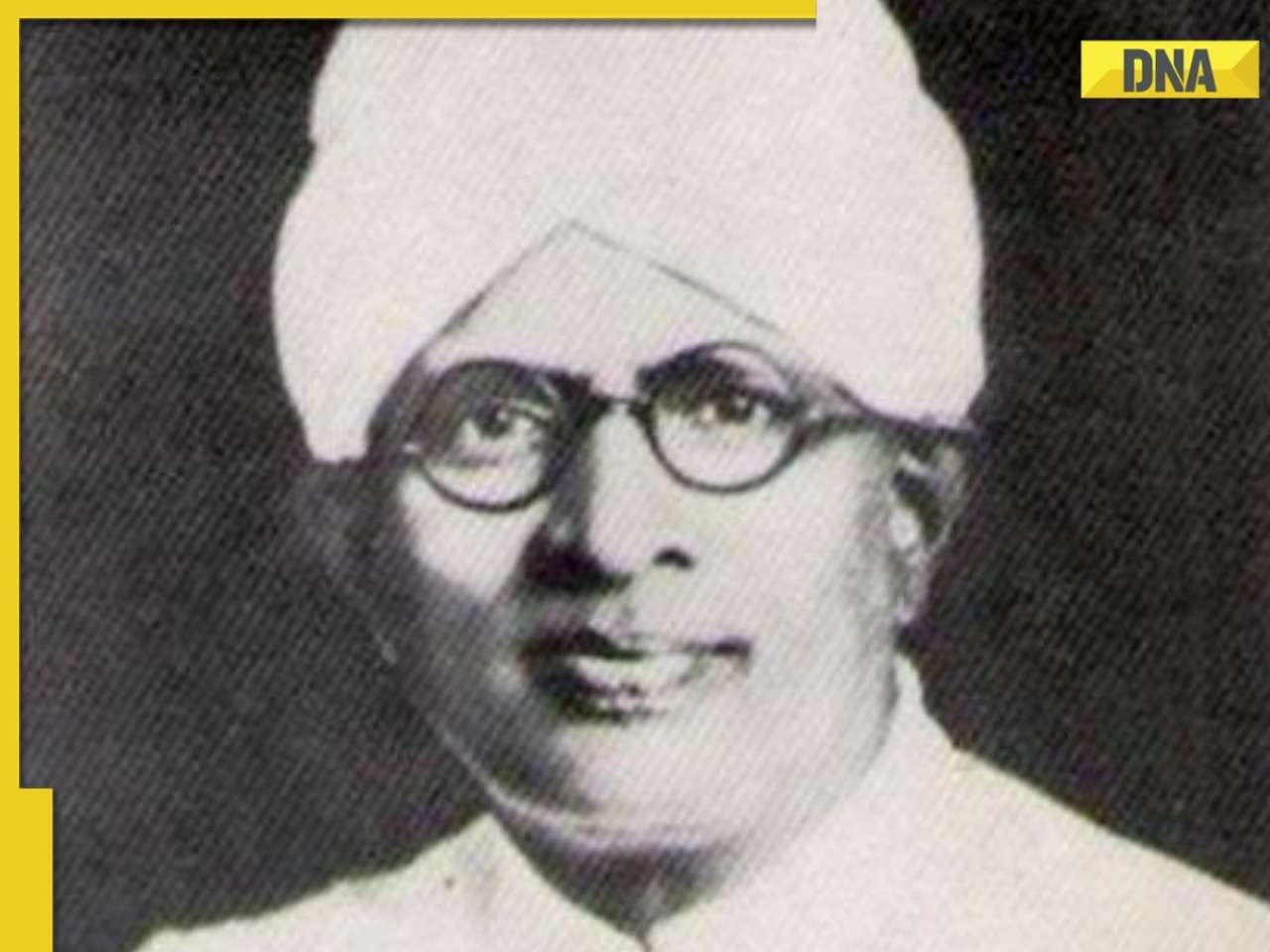

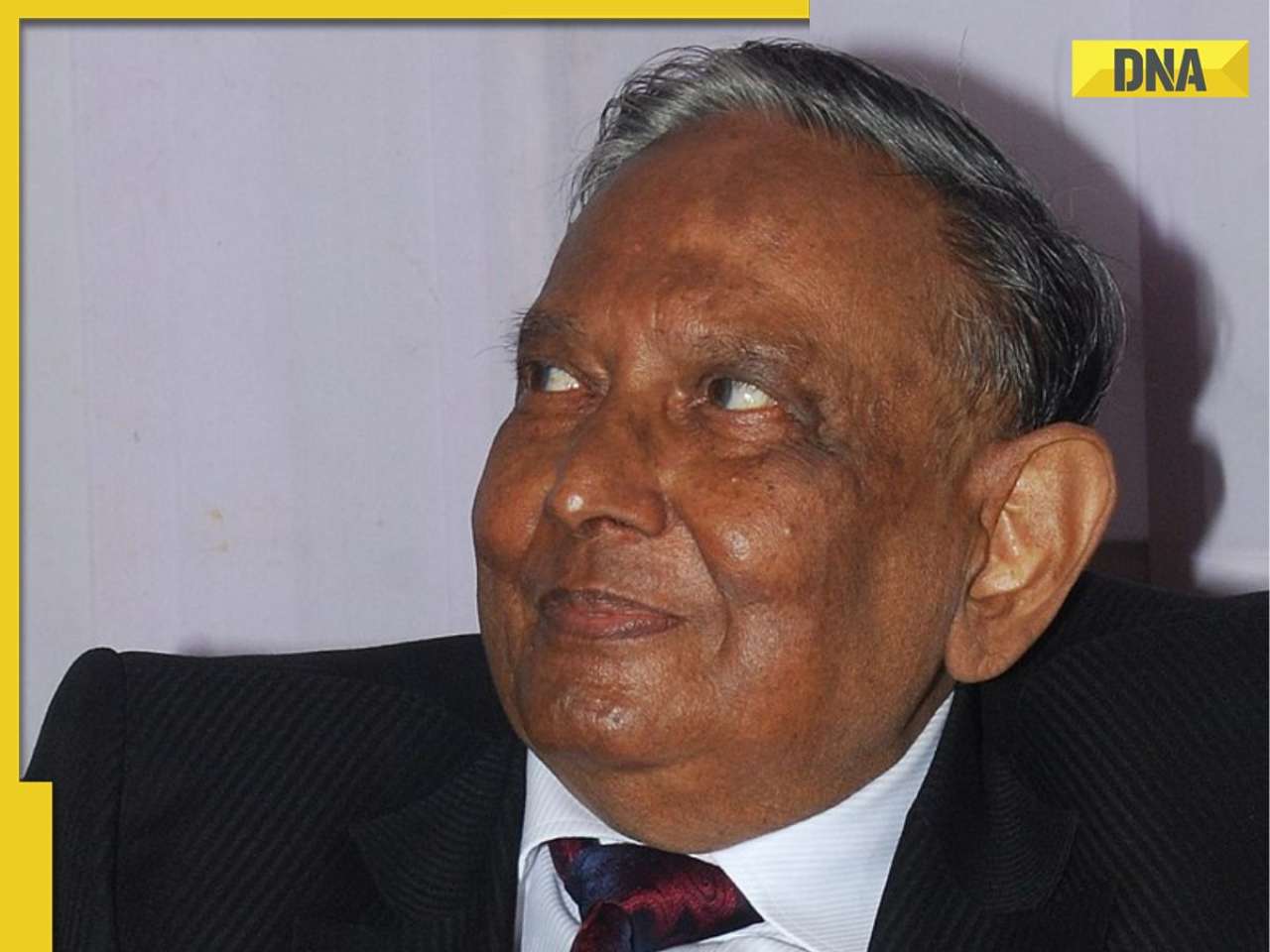











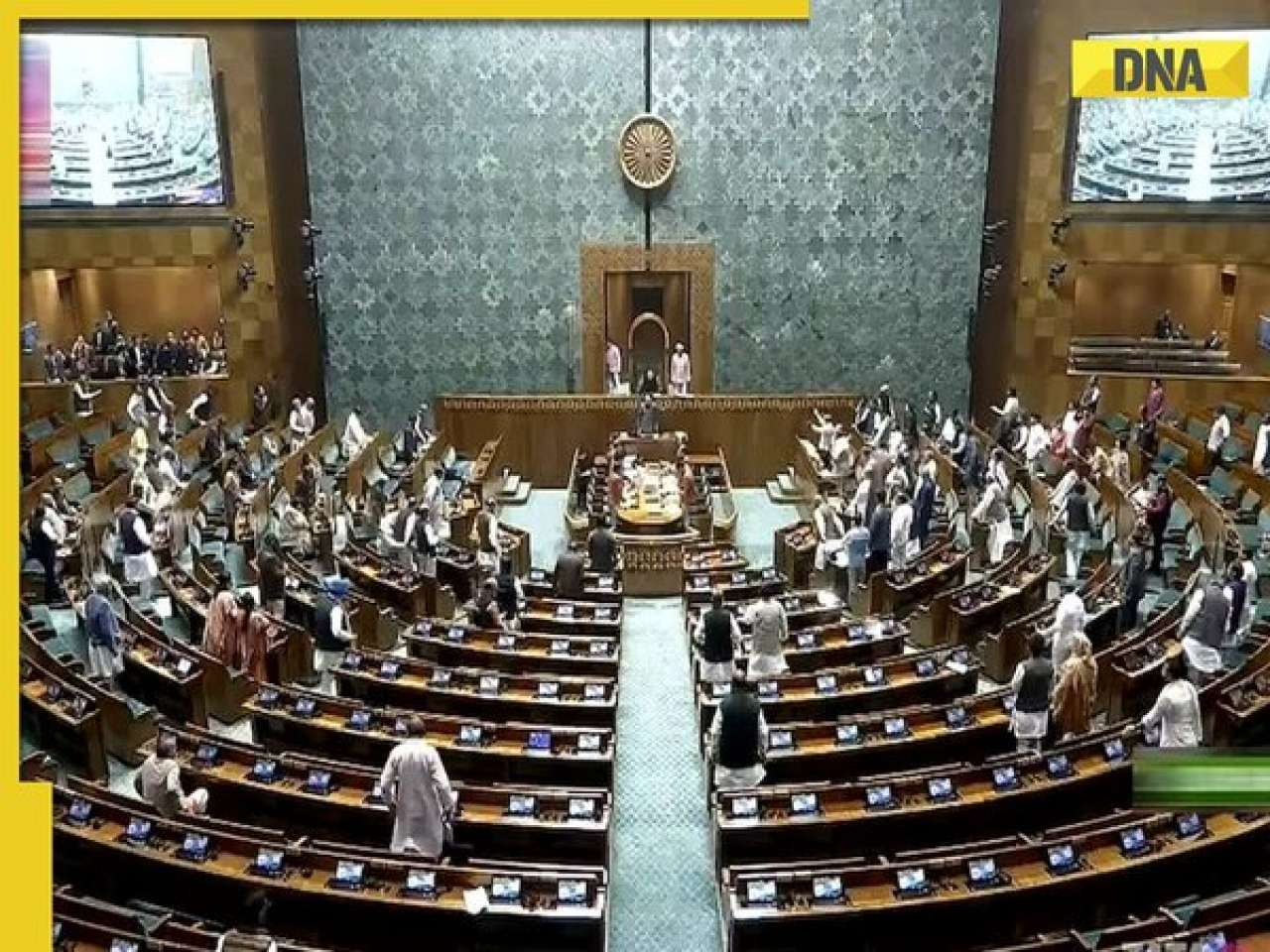
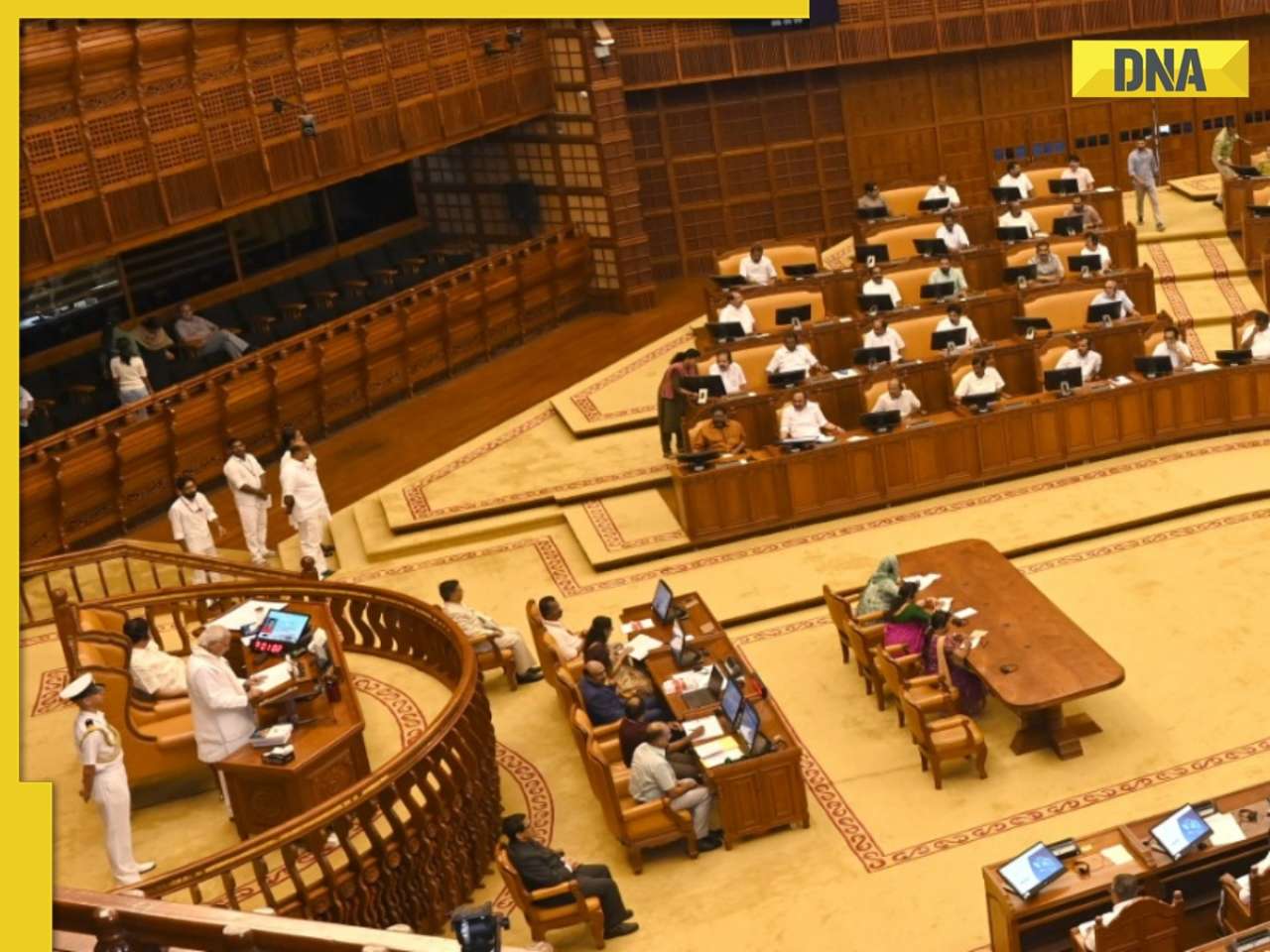






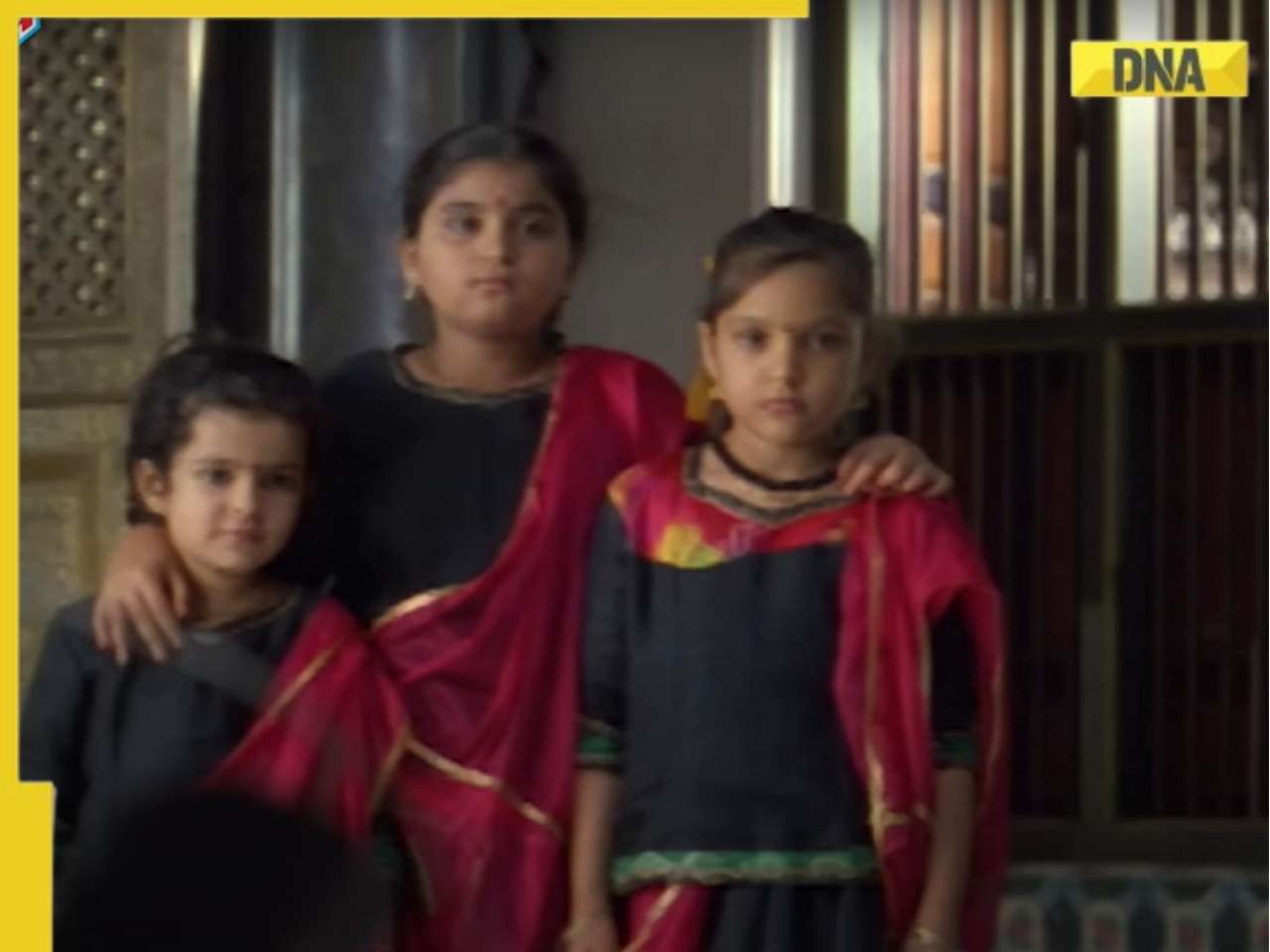
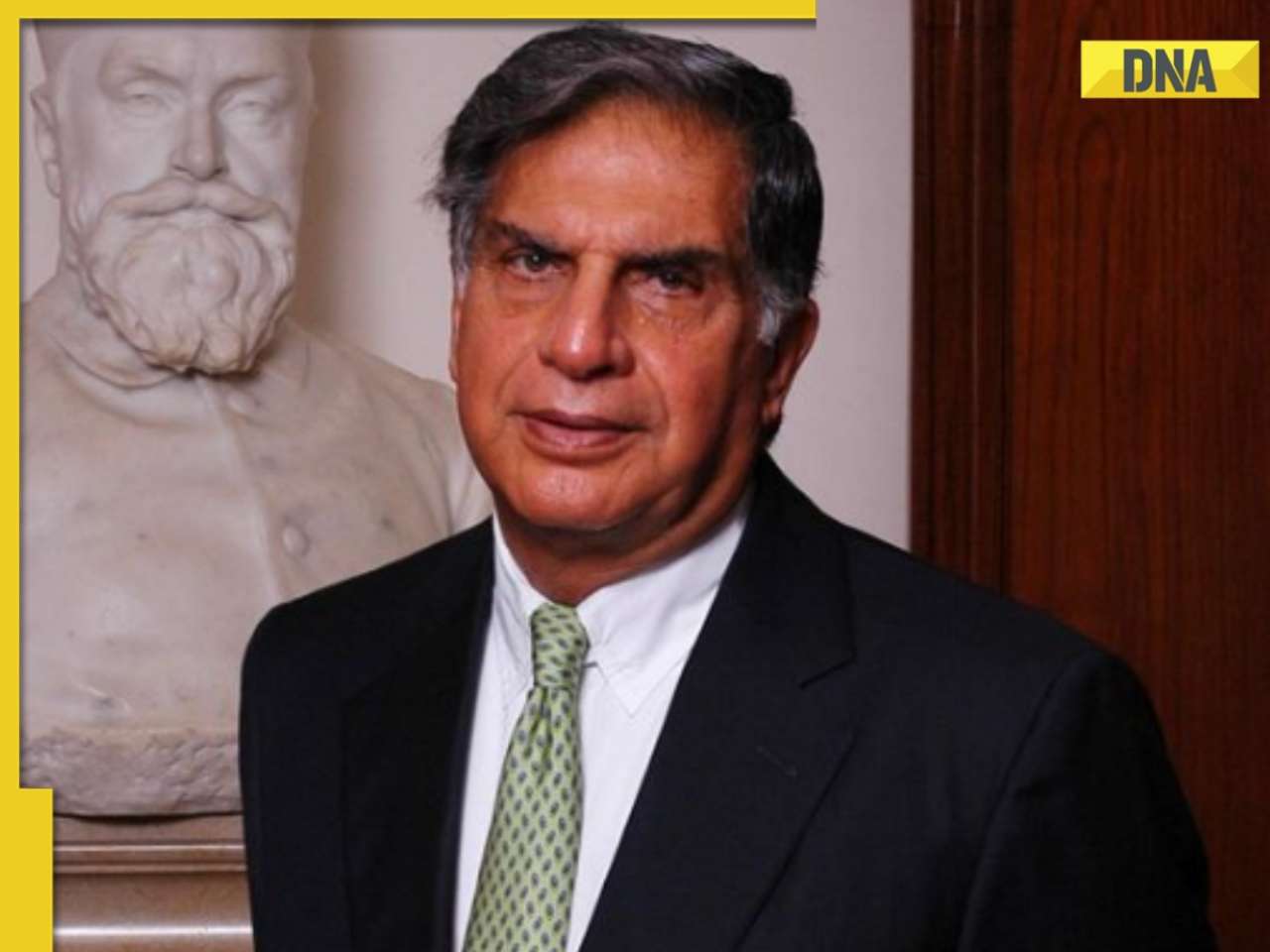





)


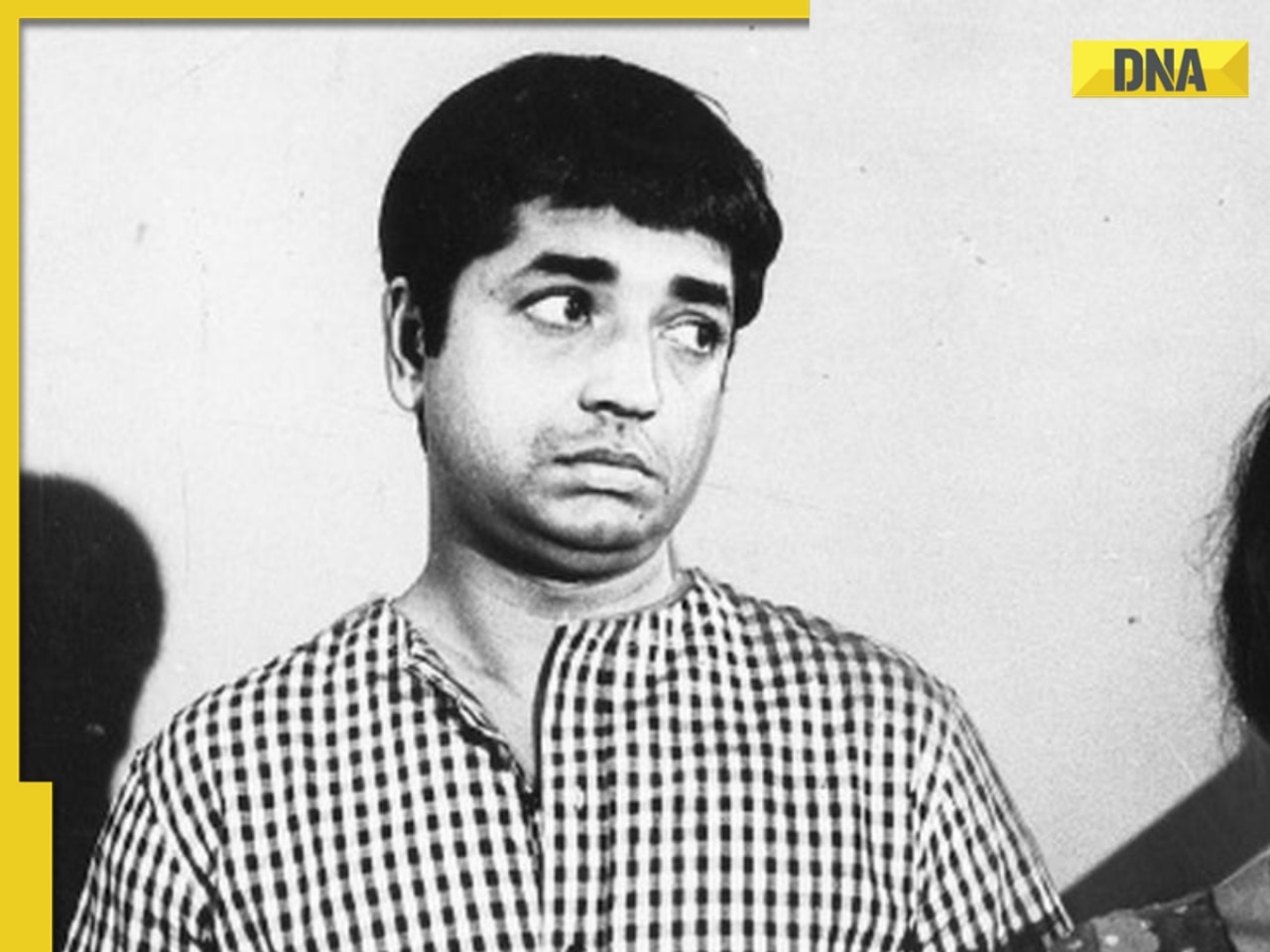



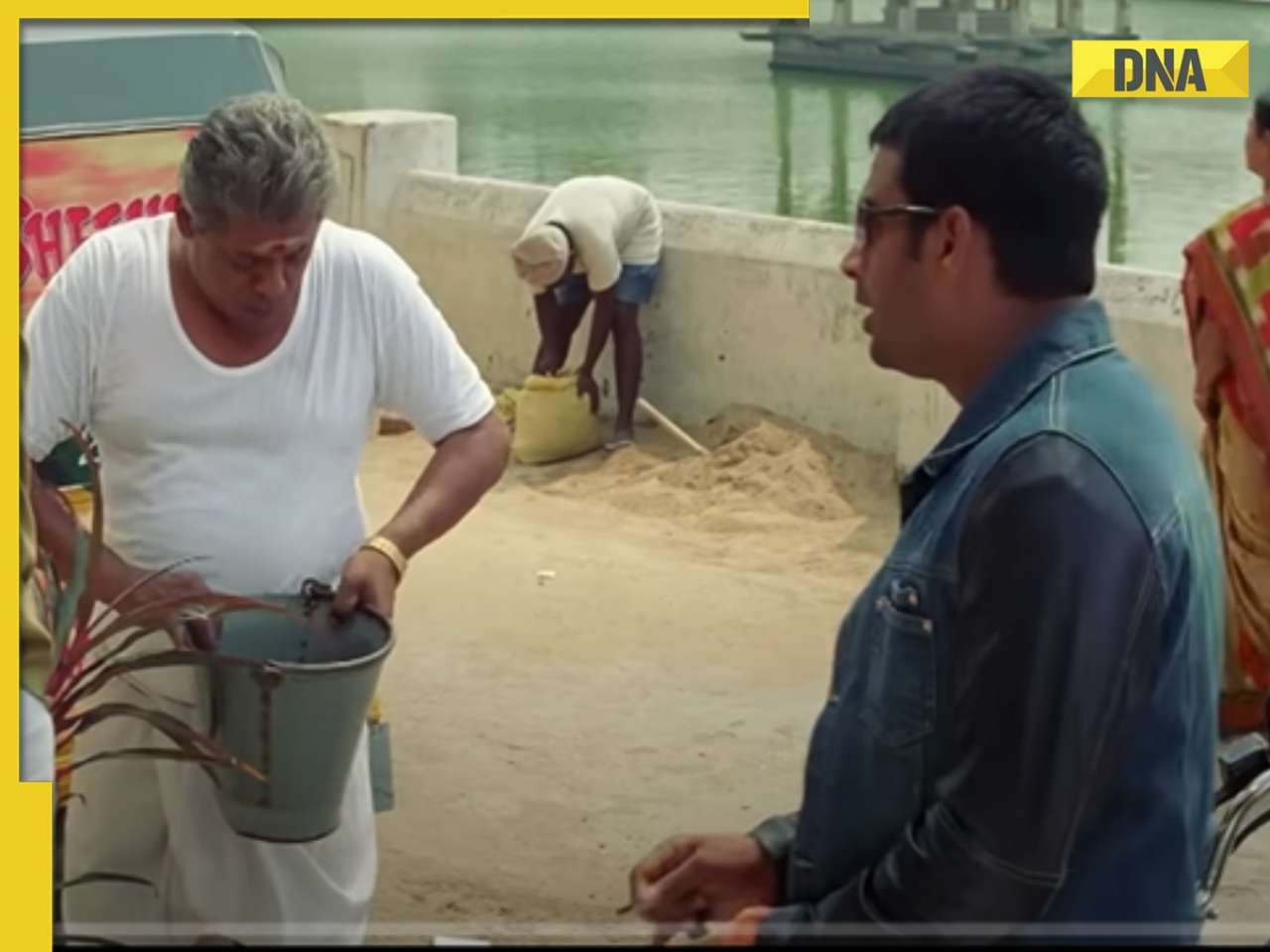


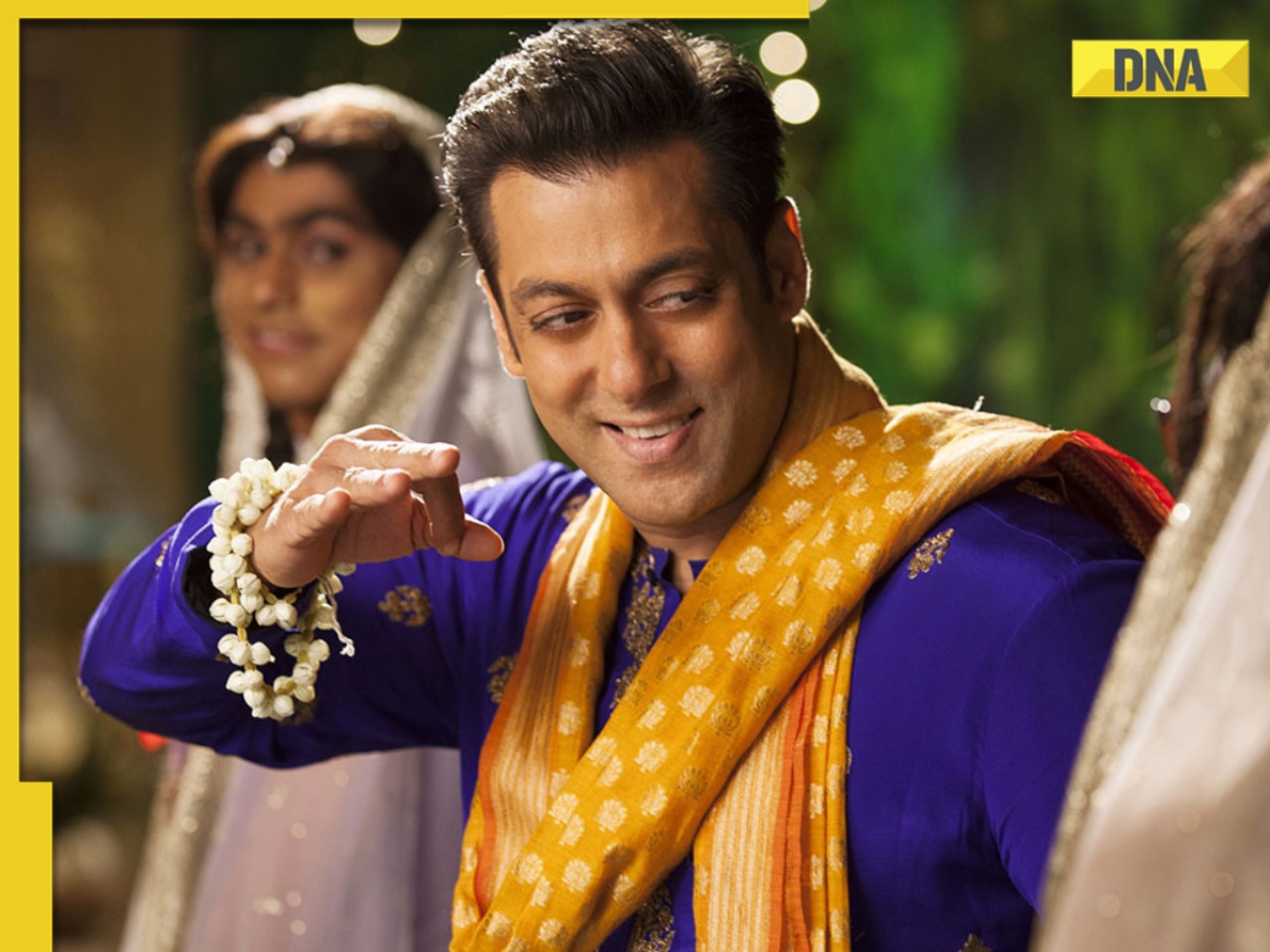




)
)
)
)
)
)